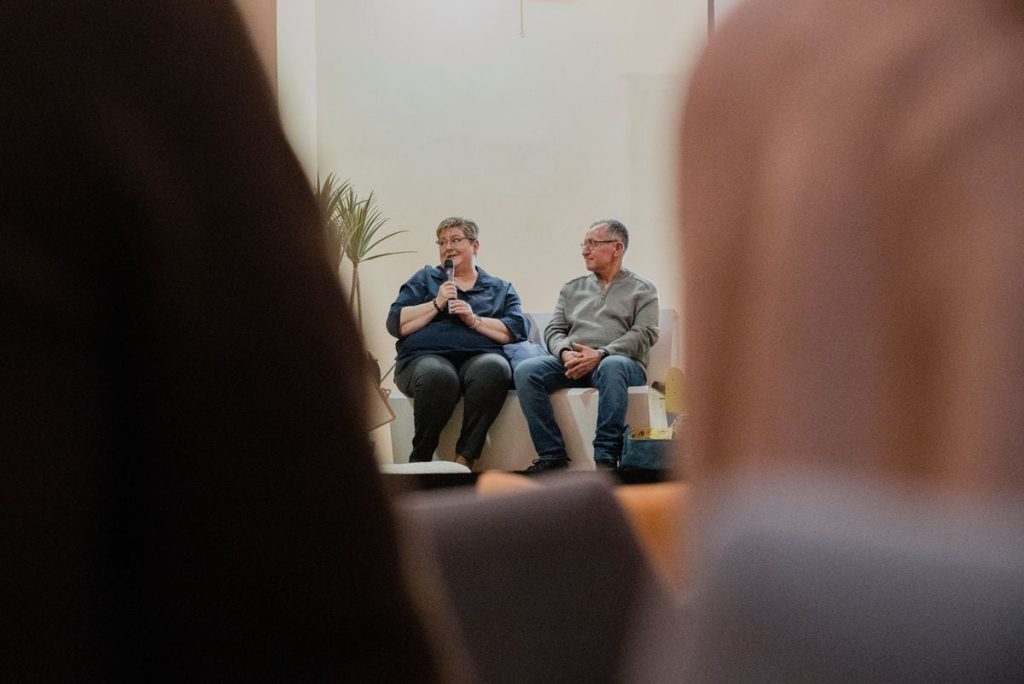In the province of Jaén, Pedro Domínguez welcomed a four-year-old child into his home as a single parent family. Now, at the age of 16, he sees the positive impact of his decision and the benefits of diverse family structures. The child, who initially arrived emotionally unstable and restless, has now blossomed into a well-adjusted teenager with good grades, respect for household rules, and even a girlfriend. Domínguez and his partner are among the many families in Andalucía who have opened their homes to foster children.
In Andalucía, there are over 2,000 children in urgent need of foster care. These children, up to the age of 18, have been placed in residential protection centers by the Andalusian government due to neglect, abandonment, physical or psychological abuse, and even sexual abuse by their biological parents. Organizations like Apraf-a, Aldaima, Alcores, and Infania have launched the “Solo quiero un hogar” campaign to raise awareness about the need to provide stable families for these children who are waiting in protection centers.
In Granada, Olga Liñán and Nelson Quintero have welcomed a six-year-old foster child into their home, alongside their biological children. They believe in the importance of providing a loving home for these children from challenging backgrounds, as it helps their own children learn from different realities. Different types of foster care include emergency care for up to six months, temporary care for up to two years, and permanent care until the child reaches adulthood. The ultimate goal is for children to return to their biological parents, if possible, but foster families play a crucial role in providing stability and love.
The biggest challenge for these foster care organizations is to prevent young children from entering protection centers that are already overcrowded with teenagers up to the age of 18. Families are often hesitant to foster children over the age of six or seven, leading to a shortage of placements for older children. Maria Albert, from the Alcores association in Huelva, recalls how uncomfortable a child found the protection center, despite the staff’s efforts to care for him.
The “Solo quiero un hogar” campaign has been traveling across Andalusia to raise awareness about the importance of foster families. Prospective foster families undergo a thorough evaluation process to determine their suitability. They receive brief training on the various types of foster care and the needs of children in care. A psychosocial study is conducted to assess the applicants’ personal and health status, motivations, and capabilities, as well as home visits. The focus is on providing a loving and stable environment for these vulnerable children.
Ultimately, the goal of foster care organizations is to highlight the positive impact foster families can have on these children, providing them with love, stability, and opportunities for a better future. These children are just like any other, adapting to survival in a hostile environment, and foster care offers them a chance at a normal childhood. The message is clear: fostering can make a significant difference in the lives of these children, offering them a loving home and a chance at a brighter future.


